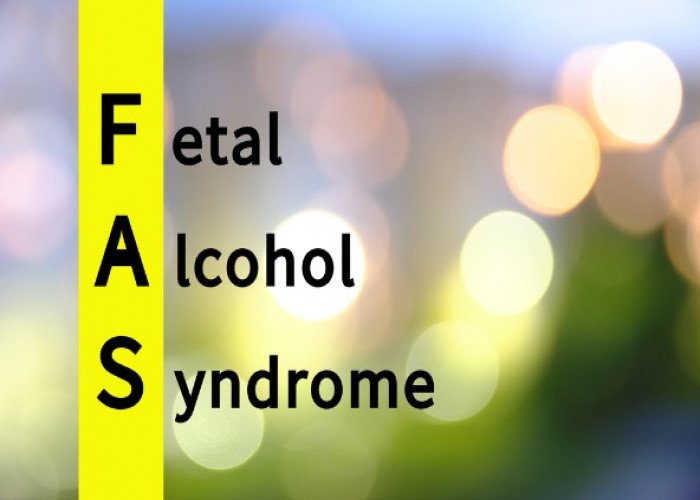 Welcome
Welcome
“May all be happy, may all be healed, may all be at peace and may no one ever suffer."
Fetal alcohol syndrome
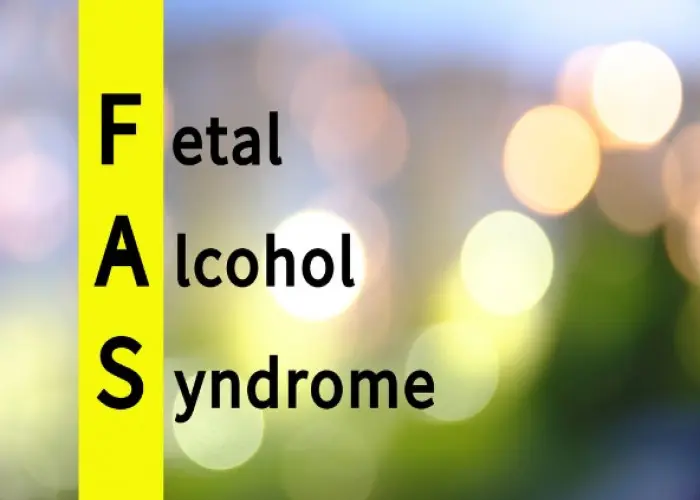
Fetal Alcohol Syndrome (FAS) is a serious, preventable condition that occurs in babies born to mothers who drank alcohol during pregnancy. It is a type of Fetal Alcohol Spectrum Disorder (FASD), which is a term used to describe the range of physical, behavioral, and cognitive problems that can occur in children as a result of exposure to alcohol in the womb.
The physical characteristics of FAS include distinctive facial features, such as a small head, small eyes, a thin upper lip, and a smooth philtrum (the groove between the nose and upper lip). In addition, children with FAS may have growth problems, such as low birth weight and small stature, as well as other physical abnormalities.
The behavioral and cognitive problems associated with FAS can be severe and long-lasting. Children with FAS may have difficulty with attention, memory, language, and learning. They may also have behavioral problems, such as hyperactivity, impulsivity, and social difficulties.
There is no cure for FAS, but early diagnosis and intervention can help to improve outcomes. Treatment may include medication, behavioral therapy, and special education services. The best way to prevent FAS is to abstain from alcohol during pregnancy. Women who are pregnant or planning to become pregnant should avoid all alcohol consumption, as even small amounts can be harmful to the developing fetus.
Research Papers
Disease Signs and Symptoms
- Deformities of joints, limbs and fingers
- Difficulty planning or working toward a goal
- Problems staying on task
- Problems with behavior and impulse control
- Trouble adapting to change or switching from one task to another
- Poor social skills
- Trouble getting along with others
- Difficulty identifying consequences of choices
- The trouble with attention and with processing information
- Slow physical growth before and after birth
- Small head (microcephaly)
- Fetal alcohol syndrome
Disease Causes
Fetal alcohol syndrome
When you're pregnant and you drink alcohol:
- Alcohol enters your bloodstream and reaches your developing fetus by crossing the placenta
- Alcohol causes higher blood alcohol concentrations in your developing baby than in your body because a fetus metabolizes alcohol slower than an adult does
- Alcohol interferes with the delivery of oxygen and optimal nutrition to your developing baby
- Exposure to alcohol before birth can harm the development of tissues and organs and cause permanent brain damage in your baby
The more you drink while pregnant, the greater the risk to your unborn baby. However, any amount of alcohol puts your baby at risk. Your baby's brain, heart and blood vessels begin to develop in the early weeks of pregnancy, before you may know you're pregnant.
Impairment of facial features, the heart and other organs, including the bones, and the central nervous system may occur as a result of drinking alcohol during the first trimester. That's when these parts of the fetus are in key stages of development. However, the risk is present at any time during pregnancy.
Disease Prevents
Fetal alcohol syndrome
Experts know that fetal alcohol syndrome is completely preventable if women don't drink alcohol at all during pregnancy.
These guidelines can help prevent fetal alcohol syndrome:
- Don't drink alcohol if you're trying to get pregnant. If you haven't already stopped drinking, stop as soon as you know you're pregnant or if you even think you might be pregnant. It's never too late to stop drinking during your pregnancy, but the sooner you stop, the better it is for your baby.
- Continue to avoid alcohol throughout your pregnancy. Fetal alcohol syndrome is completely preventable in children whose mothers don't drink during pregnancy.
- Consider giving up alcohol during your childbearing years if you're sexually active and you're having unprotected sex. Many pregnancies are unplanned, and damage can occur in the earliest weeks of pregnancy.
- If you have an alcohol problem, get help before you get pregnant. Get professional help to determine your level of dependence on alcohol and to develop a treatment plan.
Disease Treatments
There's no cure or specific treatment for fetal alcohol syndrome. The physical defects and mental deficiencies typically persist for a lifetime.
However, early intervention services may help reduce some of the effects of fetal alcohol syndrome and may prevent some secondary disabilities. Intervention services may involve:
- A team that includes a special education teacher, a speech therapist, physical and occupational therapists, and a psychologist
- Early intervention to help with walking, talking and social skills
- Special services in school to help with learning and behavioral issues
- Medications to help with some symptoms
- Medical care for health problems, such as vision problems or heart abnormalities
- Addressing alcohol and other substance use problems, if needed
- Vocational and life skills training
- Counseling to benefit parents and the family in dealing with a child's behavioral problems
Treatment for problems with alcohol
Treating the mother's alcohol use problem can enable better parenting and prevent future pregnancies from being affected. If you know or suspect you have a problem with alcohol or other substances, ask a medical or mental health professional for advice.
If you've given birth to a child with fetal alcohol syndrome, ask about substance abuse counseling and treatment programs that can help you overcome your misuse of alcohol or other substances. Joining a support group or 12-step program such as Alcoholics Anonymous also may help.
Disease Diagnoses
Disease Allopathic Generics
Disease Ayurvedic Generics
Disease Homeopathic Generics
Disease yoga
Fetal alcohol syndrome and Learn More about Diseases

Gastroesophageal reflux disease (GERD)
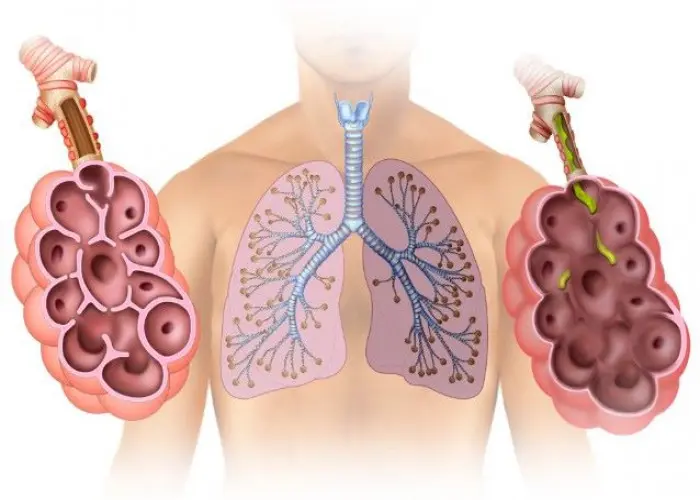
Emphysema
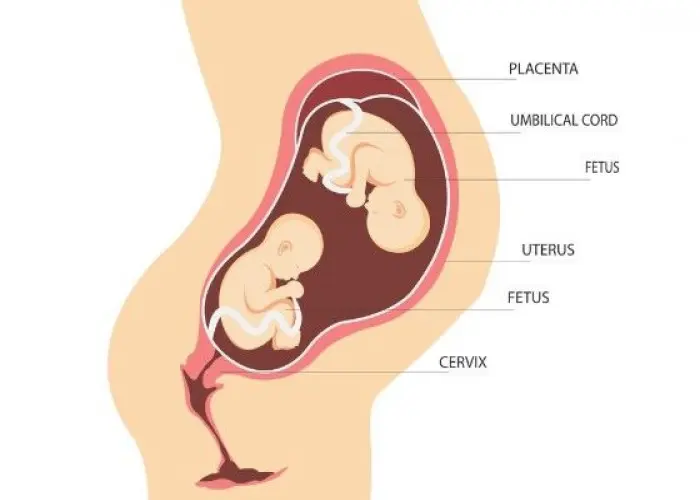
Double uterus

Pneumothorax

Concussion

Trigeminal neuralgia

Henoch-Schonlein purpura
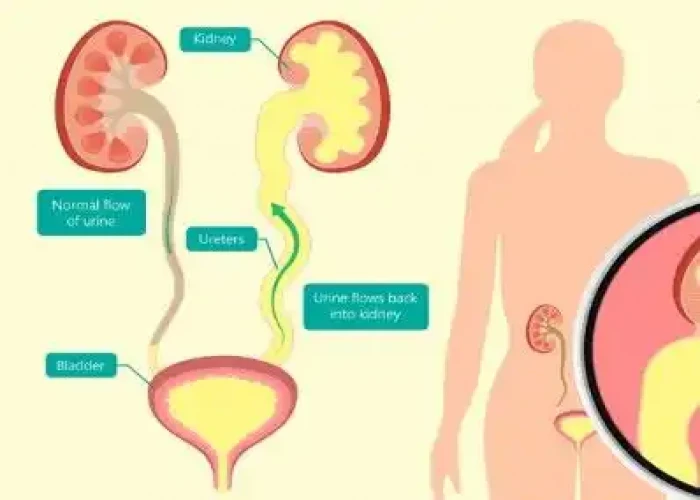
Vesicoureteral reflux
fetal alcohol syndrome, ভ্রূণের এলকোহল সিন্ড্রোম
To be happy, beautiful, healthy, wealthy, hale and long-lived stay with DM3S.
